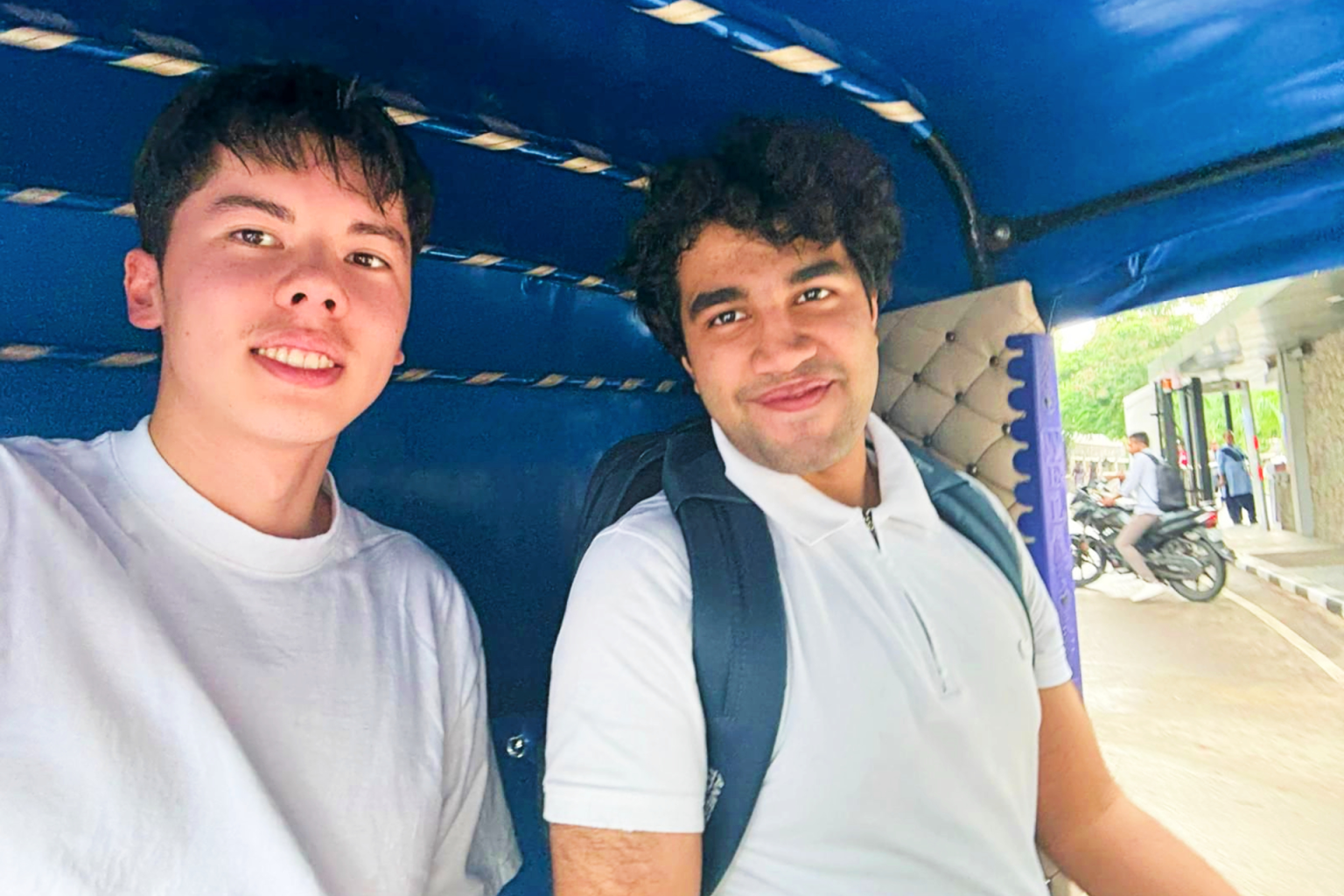
Two teenage founders and a backyard conversation with Paul Graham have led to one of the most ambitious bets in agricultural technology: using AI to design entirely new pesticide molecules. Bindwell, founded in 2024 by 18-year-old Tyler Rose and 19-year-old Navvye Anand, has raised $6 million in seed funding, co-led by General Catalyst and A Capital, with Paul Graham personally joining the round.
The startup is replacing decades-old crop-protection chemistry with AI-driven molecular design — a shift that could reshape a sector struggling with resistance, regulation, and environmental damage.
From YC setback to new strategy
The founders entered Y Combinator’s Winter 2025 batch aiming to sell AI tools to legacy agrochemical giants. They quickly discovered the industry wasn’t ready. Then came a pivotal meeting: a 45-minute chat with YC co-founder Paul Graham on his patio.
His advice: stop selling tools, start inventing the molecules yourselves.
That conversation became the blueprint for Bindwell’s current model. As Graham later posted:
“They’re smart and have a good idea.”
Why agriculture needs reinvention
Global pesticide use has doubled in 30 years, yet up to 40% of crops are still lost annually to pests and disease (UN FAO). As resistance grows, farmers apply more chemicals to achieve the same yields — escalating environmental harm and accelerating resistance cycles.
Most large agrochemical companies still rely on modifying decades-old compounds. Bindwell is betting AI can unlock entirely new, targeted molecules that disrupt pests without harming beneficial species or ecosystems.
Drug discovery tools, reimagined for farming
Rose and Anand first collaborated as students at the Wolfram Summer Research Program, where they developed PLAPT, a protein–ligand model later cited in Nature Scientific Reports for cancer drug research. In 2024, they realized the same approach could accelerate pesticide discovery — a field with nearly identical biochemistry but far less innovation.
Their backgrounds made the mission personal:
- Rose’s aunt farms in China and struggles with resistant pests.
- Anand’s family roots in Punjab exposed him to crop losses firsthand.
“We can use the exact same technology that’s been successful in drug discovery,” Rose said. “The biochemistry is the same — but pesticides are an overlooked problem.”
A full-stack AI engine for pesticide discovery
Bindwell’s platform combines multiple proprietary models:
- Foldwell – a custom diffusion-based structure prediction model inspired by AlphaFold
- PLAPT – an open-source ligand interaction model capable of scanning every synthesized compound in under six hours
- APPT – a protein–protein interaction model used for biopesticide discovery, reportedly 1.7× more accurate than alternatives
- Uncertainty quantification system – flags when predictions are reliable vs. when more data is needed
Together, the suite can analyze billions of molecules, with performance the company says is 4× faster than AlphaFold 3.
Most pesticide discovery today is not target-based — chemists test thousands of molecules on insects with trial-and-error methods. Bindwell reverses this:
- Identify proteins unique to a specific pest but absent in humans, pollinators, and aquatic life.
- Design molecules that bind to and disable those proteins.
- Test and validate only the most promising candidates.
Early traction and next steps
Bindwell is currently testing AI-designed molecules at its San Carlos lab and working with a third-party validator. Discussions are underway with several major agrochemical companies, with the first licensing deal expected within the year. The team is also exploring field trials in India and China.
The startup has a core team of four, supported by external partners for molecule synthesis.
Investors
Alongside General Catalyst, A Capital, and Graham, the round includes SV Angel. Bindwell previously raised a pre-seed from Character Capital before joining YC.
A category-defining moment for agricultural AI
If successful, Bindwell could become the first company to bring AI-discovered pesticides to market — introducing a target-based, precision approach to a sector that hasn’t fundamentally changed in decades.
As Graham’s early encouragement suggested, this might be the rare case where two teenage founders walk into a backyard — and walk out ready to disrupt a global industry.


